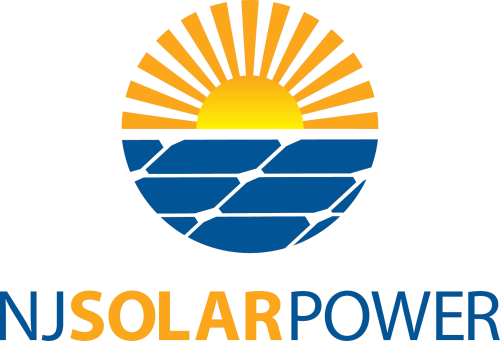Many customers want the convenience of solar power but worry about the upfront costs. Fortunately, the federal tax credit can go a long way to making solar more affordable. This credit allows you to deduct a significant part of the purchase price from your taxes.
Tax Credits
Tax credits are incentives that let a taxpayer subtract the amount of the credit from the total amount of taxes that they owe. There are federal and state tax credits. This article focuses on the federal tax credit, but your state may have available state tax credits, as well. Some tax credits allow you to get a refund, even if the credit is greater than the amount of tax you owed. Other tax credits only allow a credit up to the amount of taxes that you owe.
2022 Federal Solar Tax Credit
The federal solar tax credit is authorized by 26 U.S.C.S. § 25D. Currently, the authorizing statutes have a declining federal tax credit after 2022. However, Congress could authorize additional tax credits. If they do, we will update our information to reflect those changes.
The current federal tax credit allows people to claim up to 26% of the cost of the materials and installation of a solar photovoltaic (PV) system. PV systems are commonly known as solar panels. Right now, the tax credit for 2022 is 26%, with it going down to 22% in 2023 and expiring in 2024.
Who Can Claim the Federal Solar Tax Credit?
You can claim the tax credit if your system is installed on or after January 1, 2006, and on or before December 31, 2023. To claim the credit in 2022, it needs to be installed in 2022 or you have to complete the purchase of the property with the solar system in 2022.
Residential solar tax credits are available for primary and secondary homes. The solar panels can be installed on the home or can be part of an off-site community solar project. However, the solar installation must be for residential use, and should not generate more power than your aggregate household use.
You cannot claim the solar credit if you lease the solar panels. You have to purchase the equipment. It also either has to be new equipment, or equipment that is being used for the first time.
What Costs Are Included
In addition to the cost of your solar panels or PV cells, you can include some installation costs when figuring your tax credit. Onsite preparation, installation, assembly, inspection, developer fees, and permitting fees can be included. In addition to the panels, you can include the equipment needed to make the system function, such as wiring, energy storage devices, and even sales tax.
